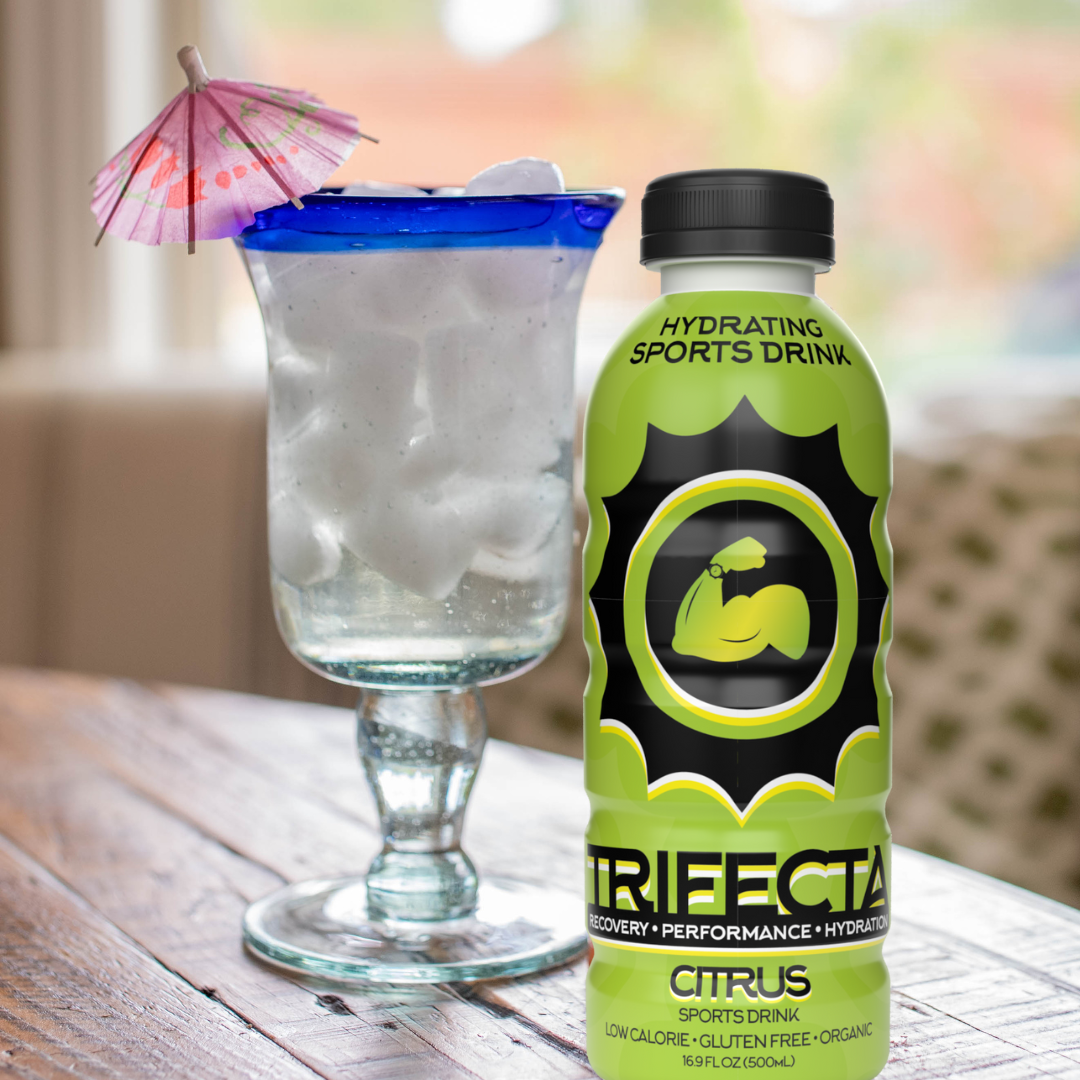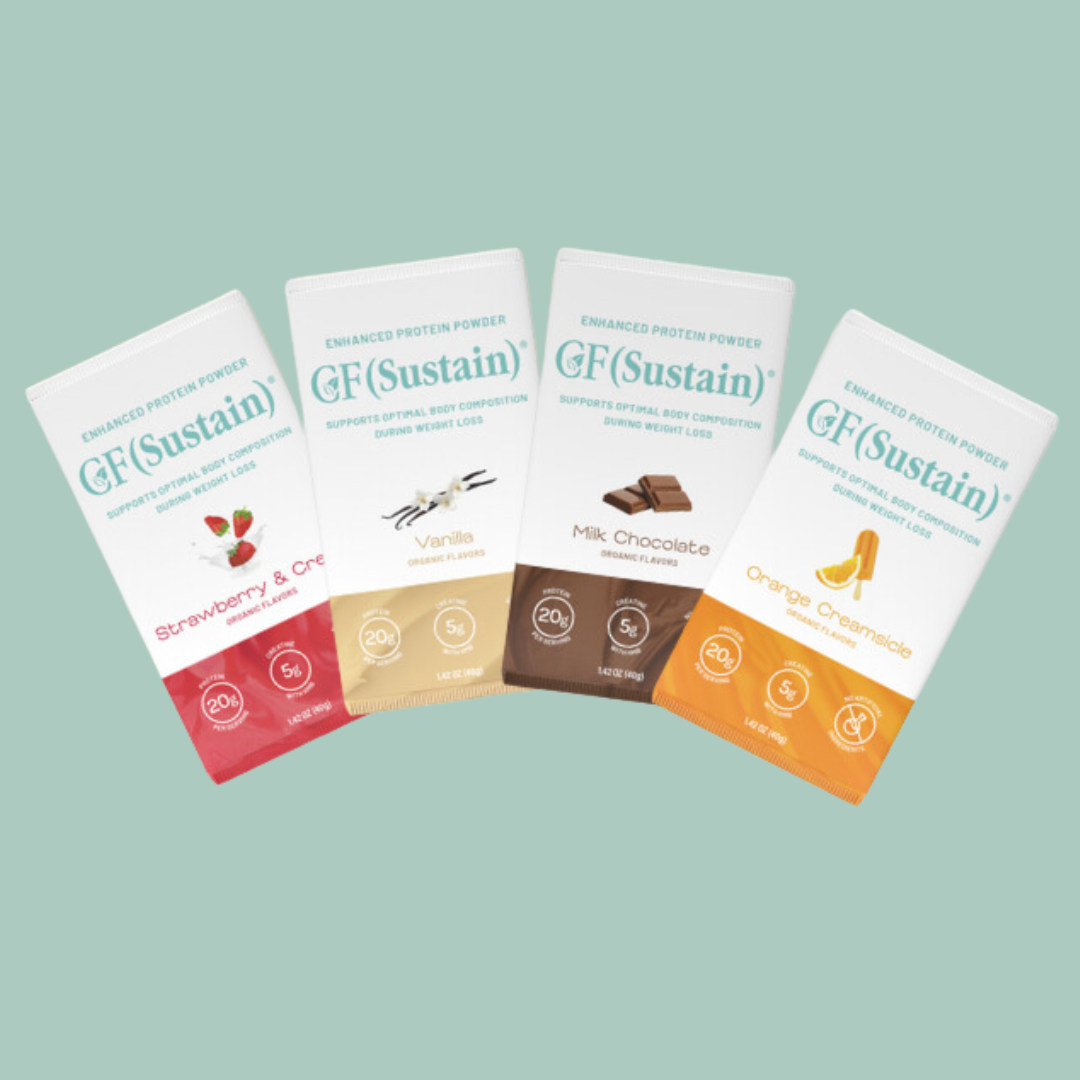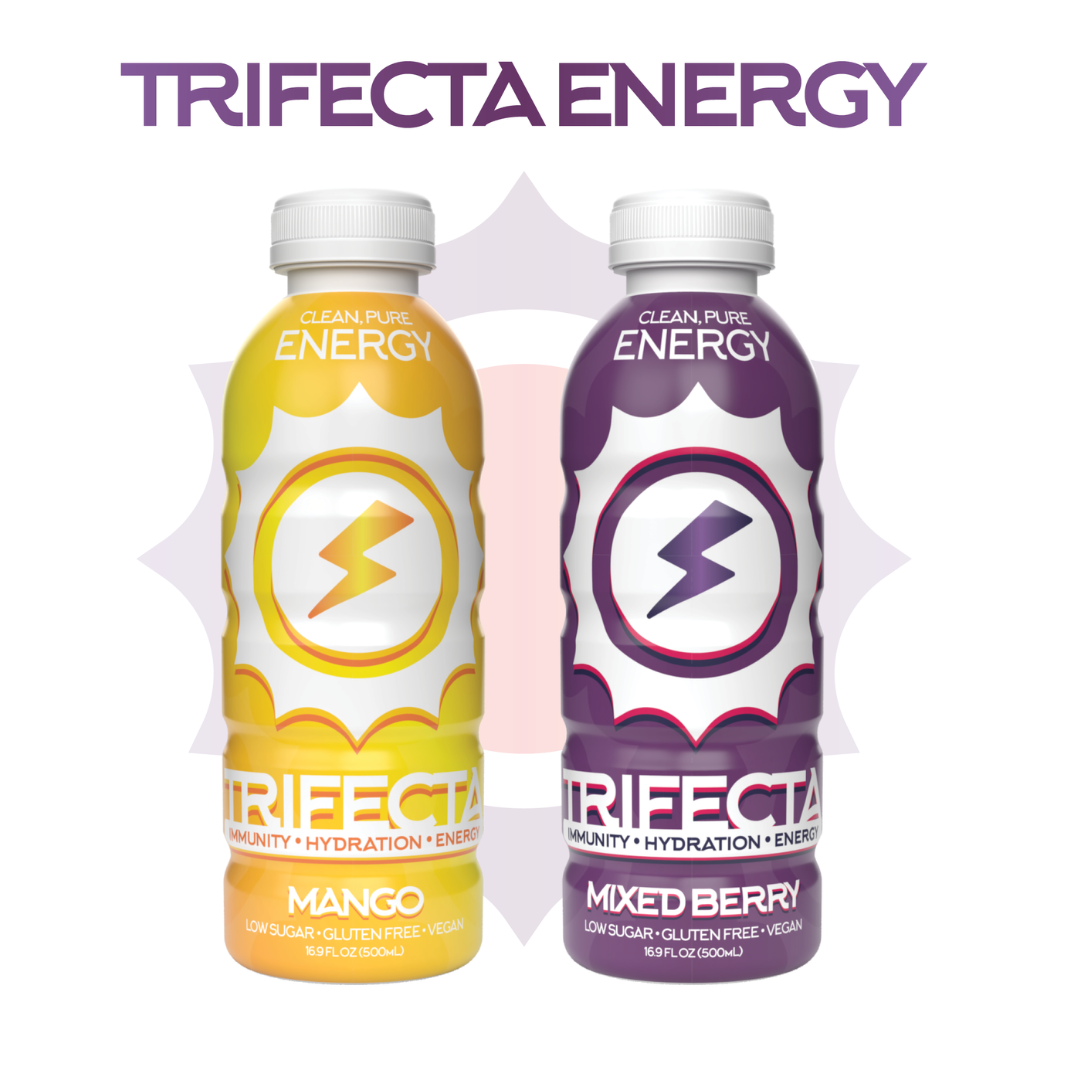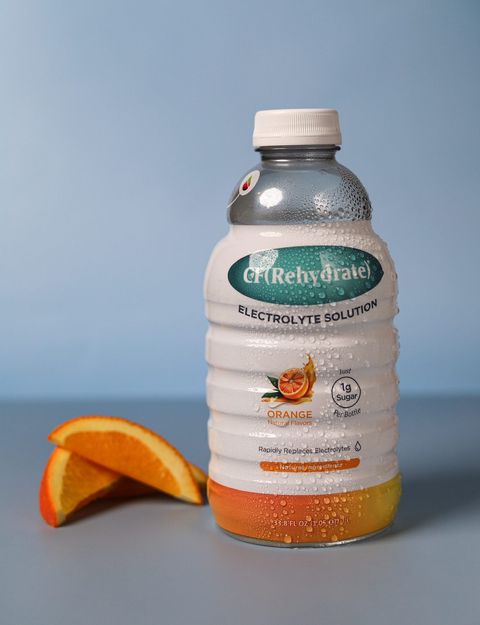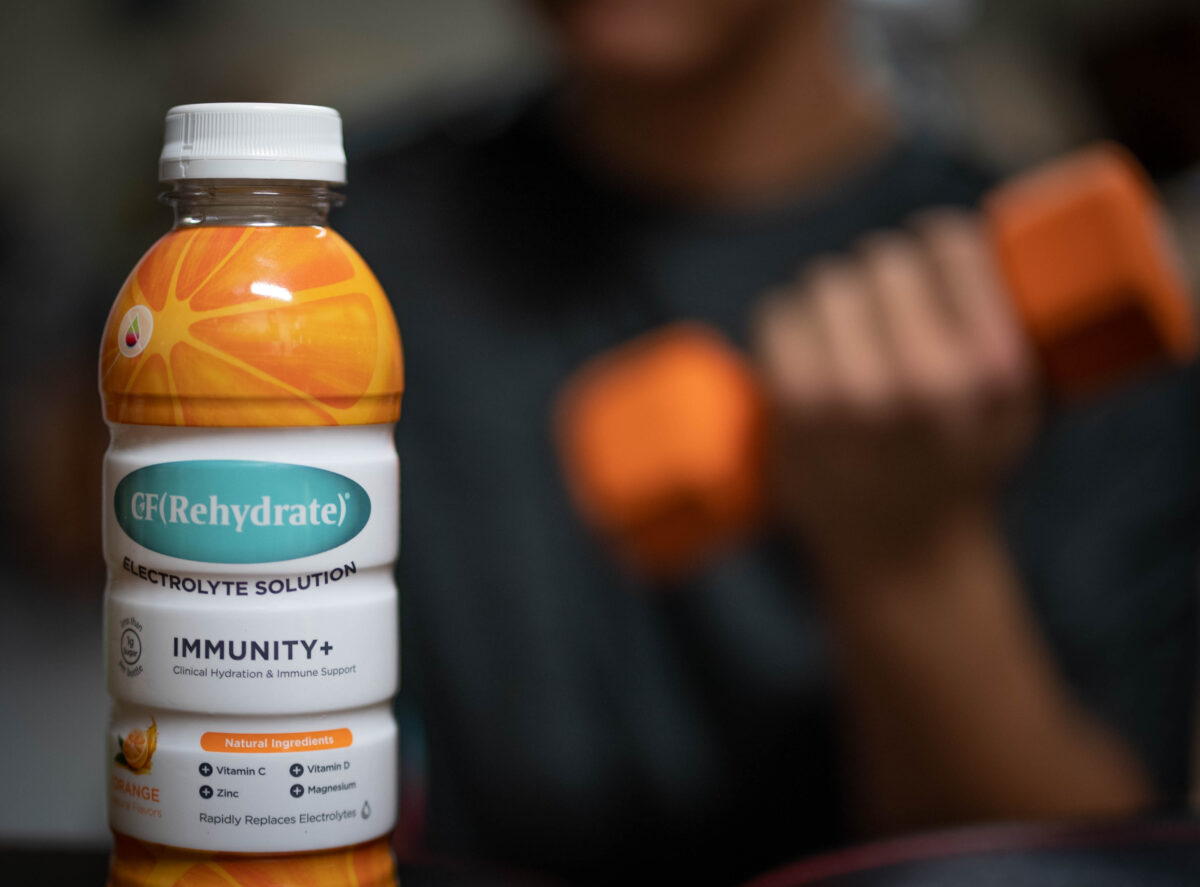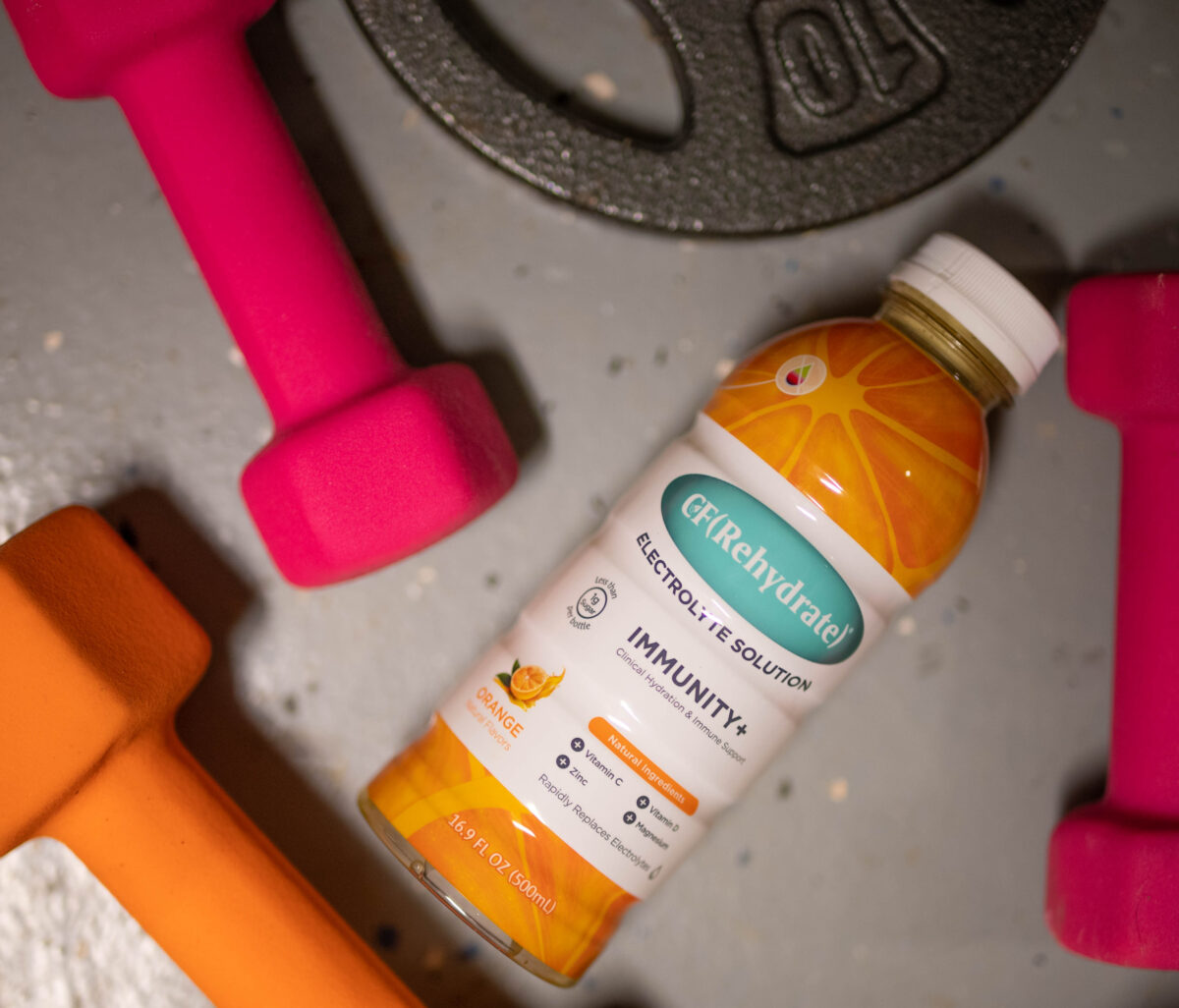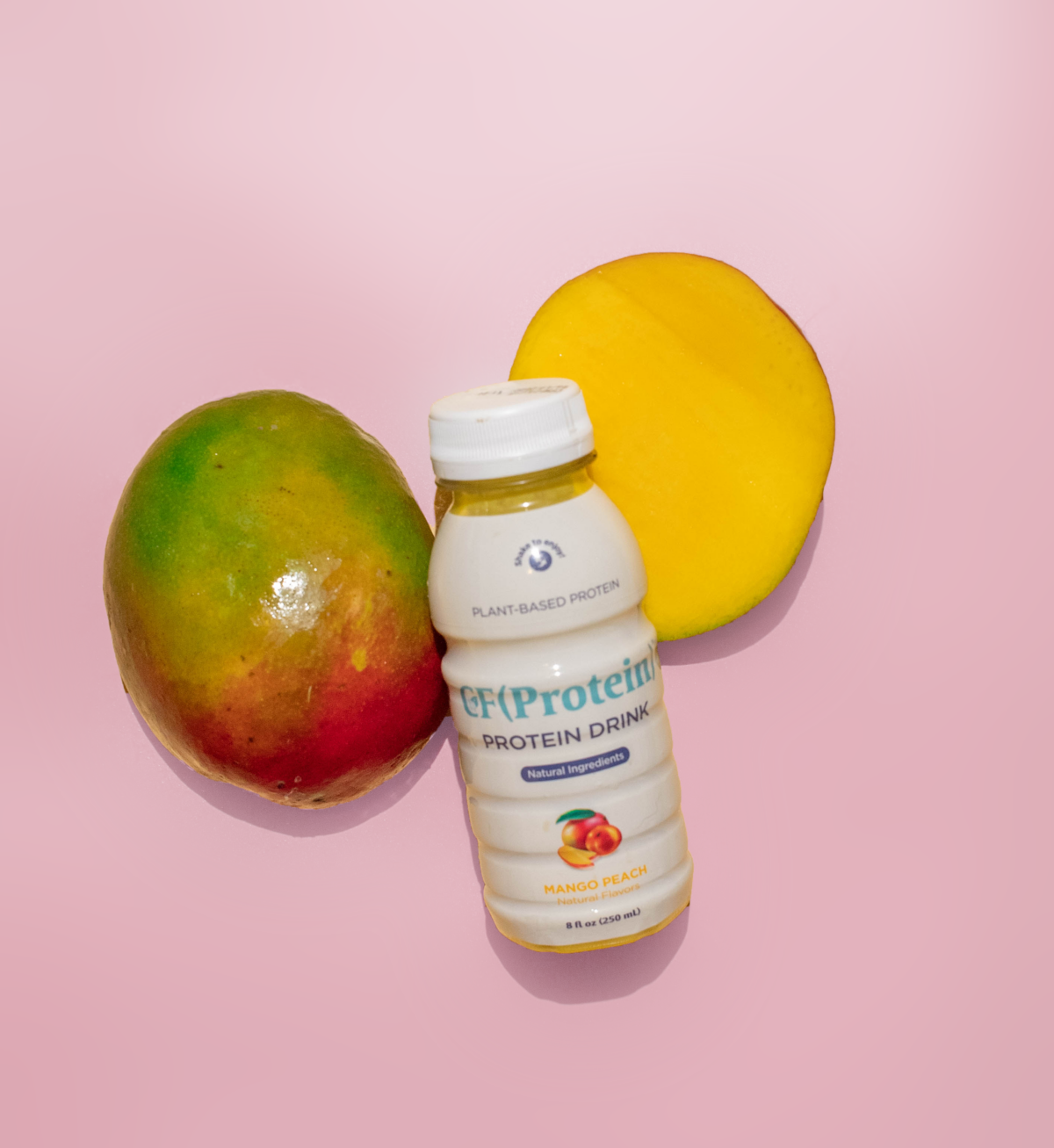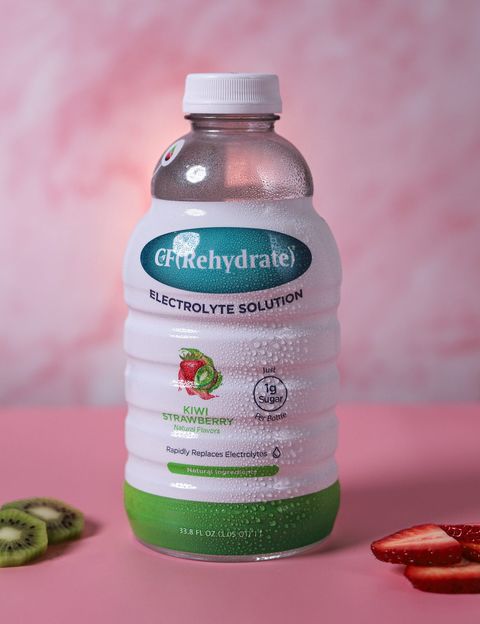Embarking on a road trip can be an exciting adventure, but maintaining a healthy diet while traveling can be challenging. To ensure you stay nourished and energized during your journey, consider these top 5 nutrition tips:
Tip #1 Bring Well Balanced Snacks With You
When hitting the road, it’s essential to pack high-protein snacks to keep hunger at bay and maintain energy levels. It is also important to pack carbohydrates and fats to create well balanced options that will keep you feeling fuller for longer.
Here are some ideas:
- Banana and single serving almond butter
- Protein Bars
- Popcorn and Nuts (again notice serving should only be ~10 nuts)
- Fresh firm fruit (apple/oranges)
- Pretzels and peanut butter to go cups
- Baby carrots, celery, bell peppers and hummus to go cups
- Almonds and string cheese
- Peanut butter and banana sandwich
Tip #2 Incorporate Movement Breaks
Long hours of sitting in a car can lead to stiffness and discomfort. Plan regular stops along the way to stretch your legs, take a short walk, or do some quick exercises. Movement breaks not only help prevent muscle tightness but also invigorate your body and mind. Try researching popular look out points or short hikes along the way.
Tip #3 Stay Hydrated
Dehydration can sneak up on you during extended periods of travel. Remember to drink plenty of water throughout your road trip to stay hydrated and alert. Consider carrying a reusable water bottle to refill along the journey and avoid sugary beverages that can cause energy crashes. You can also pack a few bottles CF(Rehydrate)® to help replenish electrolytes and keep you hydrated throughout the journey.
Tip #4 Research Menus In Advance
Before reaching your destination, take the time to look up restaurant menus or nearby eateries. By planning your meals ahead, you can make healthier choices and avoid impulsive decisions that may not align with your nutritional goals. Opt for establishments that offer nutritious options to support your well-being on the road.
Tip #5 Pack Fruits and Veggies
To add a dose of vitamins and fiber to your road trip diet, pack a variety of fruits and vegetables. Portable options like apples, carrots, berries, or cherry tomatoes make for convenient and nutritious snacks that contribute to your overall health. Including colorful produce in your travel provisions ensures you get essential nutrients while on the go. Purchase a few bottles of CF(Rehydrate)® Immunity+ for even more immune support.
By following these nutrition tips, you can enjoy a road trip filled with delicious and wholesome food choices that fuel your body for the adventures ahead. Prioritizing your well-being on the road not only enhances your travel experience but also supports your overall health and vitality.


